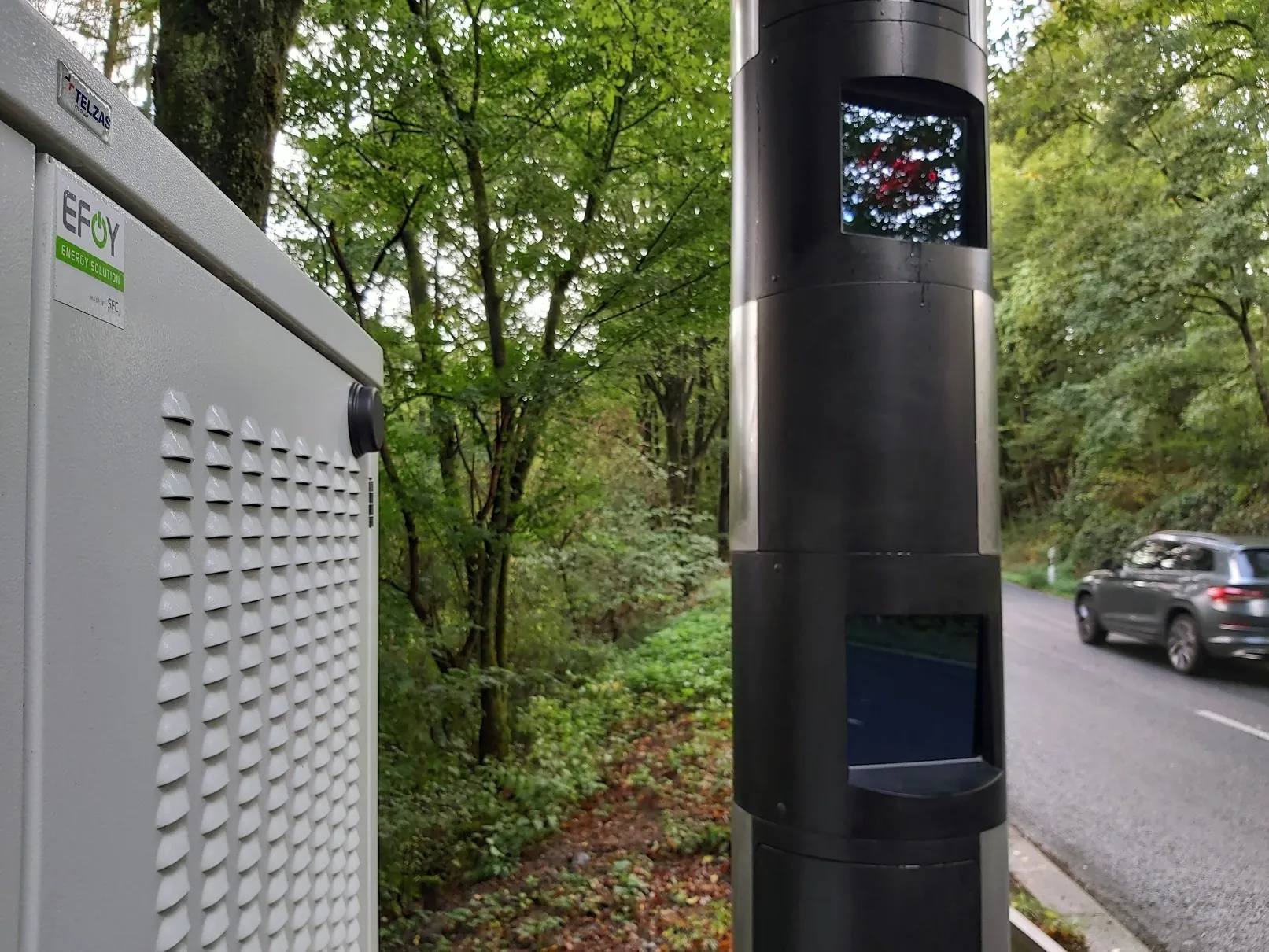As part of its measures to reduce pollution in the city, the City of Madrid is to take delivery of 51 hybridised Scania Citywide buses in June. These feature cost-saving and emission-reducing hybrid technology that meets the EU suburban and short distance Class II regulations.
Madrid recently enforced tough temporary measures to tackle pollution, including limiting speed limits and banning passenger car access to the city centre if nitrogen oxide levels exceed acceptable levels. In parallel, the Madrid t
May 13, 2016
Read time: 2 mins
As part of its measures to reduce pollution in the city, the City of Madrid is to take delivery of 51 hybridised 570 Scania Citywide buses in June. These feature cost-saving and emission-reducing hybrid technology that meets the EU suburban and short distance Class II regulations.
Madrid recently enforced tough temporary measures to tackle pollution, including limiting speed limits and banning passenger car access to the city centre if nitrogen oxide levels exceed acceptable levels. In parallel, the Madrid transport authorities have required bus operators to gradually switch to greener technology Conventional diesel has not been permitted in new bus acquisitions since 2010. Incumbent companies can obtain favourable contracts if at least 20 percent of their fleets are operated on gas, as hybrids or as electric buses. Restrictions on the use of gas vehicles in non-adapted underground bus depots have prompted operators to select hybrid technology.
The 51 buses will be put into service by seven operators on behalf of Consorcio Regional de Transportes de Madrid, which is responsible for public transport in the Madrid Region.
The new Class II specification Scania Citywide can be operated at speeds of up to 100 km/h. The hybrid powertrain includes the Scania 9-litre engine and offers 320 hp with SCR-only technology that is compatible with up to 100 percent biodiesel and Hydrotreated Vegetable Oil (HVO).
On the Citywide buses, the hybrid unit, comprising an electric machine (motor and generator) and automatic clutch, is located between the engine and gearbox. The electric machine is rated at 150 kW and 1,050 Nm.
A total of 1.2 kWh of energy storage is provided by a lithium-ion battery integrated in the roof structure at the front of the bus and is housed in a neatly styled bulb together with a DC/DC voltage converter and a cooling unit. The use of a Scania hybrid system together with a DC/DC converter, stop-start function and eco-roll provides significant fuel savings.
Madrid recently enforced tough temporary measures to tackle pollution, including limiting speed limits and banning passenger car access to the city centre if nitrogen oxide levels exceed acceptable levels. In parallel, the Madrid transport authorities have required bus operators to gradually switch to greener technology Conventional diesel has not been permitted in new bus acquisitions since 2010. Incumbent companies can obtain favourable contracts if at least 20 percent of their fleets are operated on gas, as hybrids or as electric buses. Restrictions on the use of gas vehicles in non-adapted underground bus depots have prompted operators to select hybrid technology.
The 51 buses will be put into service by seven operators on behalf of Consorcio Regional de Transportes de Madrid, which is responsible for public transport in the Madrid Region.
The new Class II specification Scania Citywide can be operated at speeds of up to 100 km/h. The hybrid powertrain includes the Scania 9-litre engine and offers 320 hp with SCR-only technology that is compatible with up to 100 percent biodiesel and Hydrotreated Vegetable Oil (HVO).
On the Citywide buses, the hybrid unit, comprising an electric machine (motor and generator) and automatic clutch, is located between the engine and gearbox. The electric machine is rated at 150 kW and 1,050 Nm.
A total of 1.2 kWh of energy storage is provided by a lithium-ion battery integrated in the roof structure at the front of the bus and is housed in a neatly styled bulb together with a DC/DC voltage converter and a cooling unit. The use of a Scania hybrid system together with a DC/DC converter, stop-start function and eco-roll provides significant fuel savings.







